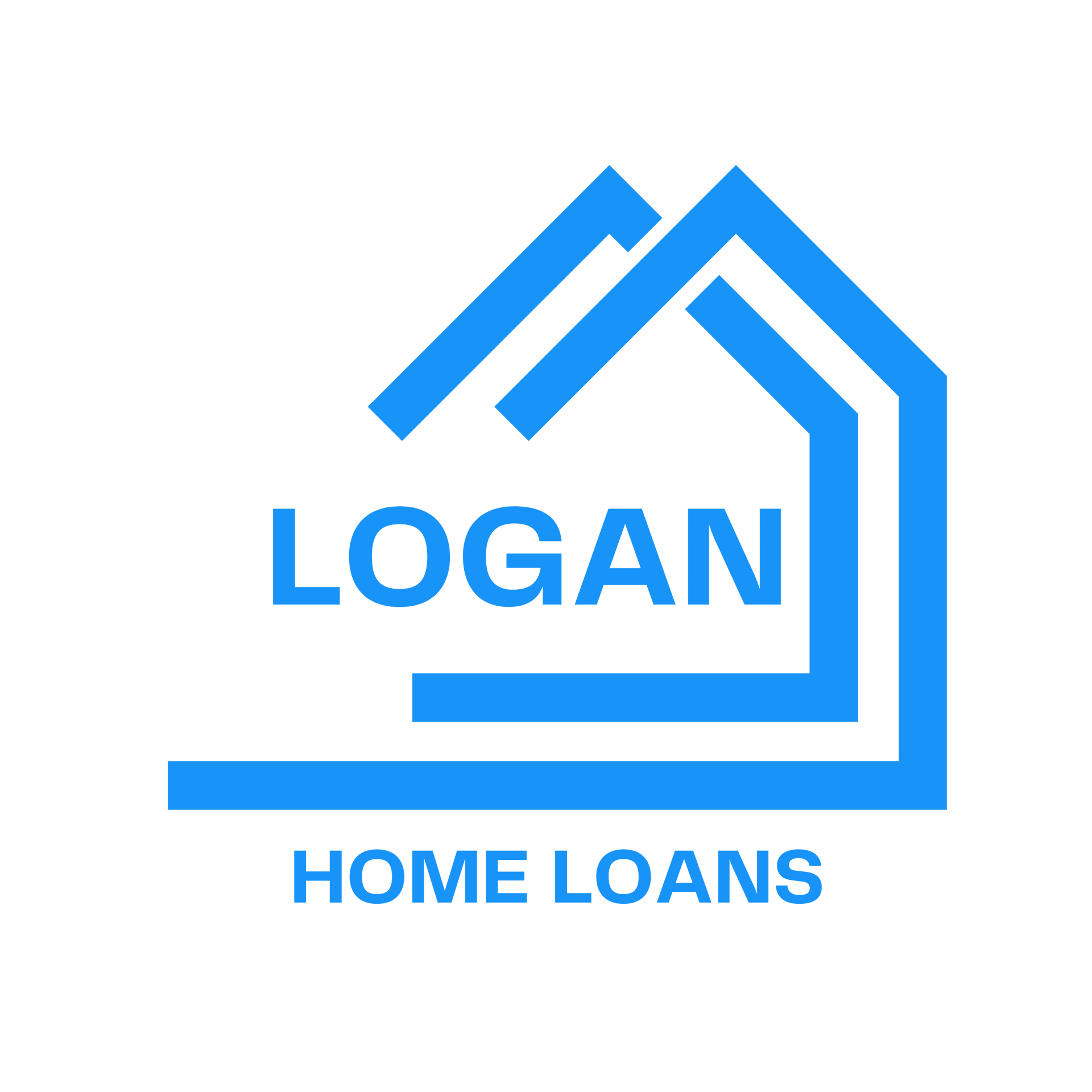Should You Change To A Fixed Rate Mortgage?
When it comes to your mortgage, one of the most important decisions you can make is whether to go with a fixed rate mortgage or a variable rate mortgage. While both have their advantages and disadvantages, a fixed rate mortgage can provide you with the security of knowing exactly what your payments will be each month.
This is not financial advice. As mortgage brokers we're not qualified to provide financial advice. We're experts on how lending products work and can explain the pros and cons of a decision to refinance all day. For long-term financial planning decisions you're best off speaking to a financial advisor.
We are allowed to have an opinion though. In this blog post, we’ll explore the pros and cons of fixed rate mortgages and discuss whether or not you should consider changing to one.
What is a Fixed Rate Mortgage?
A fixed rate mortgage is a type of loan where the interest rate remains the same for the entire term of the loan. This means that your monthly payments will remain the same for the entire duration of the loan, regardless of any changes in the market. This can be beneficial for those who want to budget their payments and know exactly what they’ll be paying each month.
Pros of a Fixed Rate Mortgage
One of the biggest advantages of a fixed rate mortgage is the security it provides. With a fixed rate mortgage, you know exactly what your payments will be each month, so you can budget accordingly. This can be especially helpful for those who are on a tight budget and need to know exactly what their payments will be.
Another benefit of a fixed rate mortgage is that it can protect you from rising interest rates. If interest rates rise, your payments will stay the same, so you won’t have to worry about your payments increasing. This can be especially helpful if you’re planning to stay in your home for a long time.
Finally, a fixed rate mortgage can help you save money in the long run. Since your payments will remain the same, you’ll be able to pay off your loan faster and save on interest.
Cons of a Fixed Rate Mortgage
The main drawback of a fixed rate mortgage is that you may end up paying more in the long run. You're essentially betting that rates are going to rise during the fixed term. If interest rates drop, you won’t be able to take advantage of the lower rates, so you’ll end up paying more in interest over the life of the loan.
Should You Change to a Fixed Rate Mortgage?
Whether or not you should change to a fixed rate mortgage depends on your individual situation. If you’re looking for the security of knowing exactly what your payments will be each month, then a fixed rate mortgage may be the right choice for you. However, if you’re planning to stay in your home for a short period of time, then a variable rate mortgage may be a better option.
Ultimately, the decision to change to a fixed rate mortgage is up to you. It’s important to weigh the pros and cons and decide what’s best for your individual situation. If you’re considering changing to a fixed rate mortgage, it’s a good idea to speak with a financial advisor or mortgage broker to get more information and advice.




